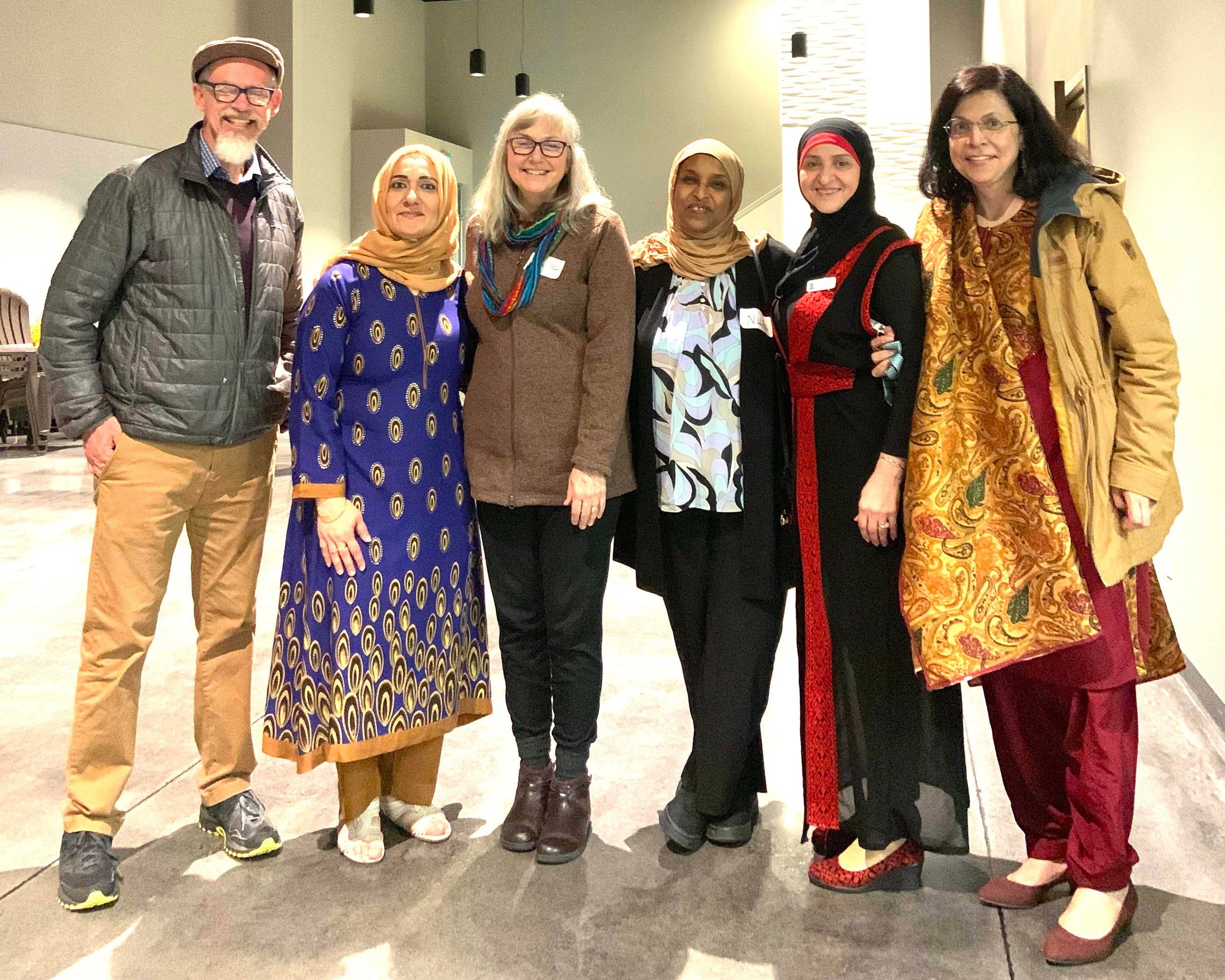How To Live Out Solidarity
Photo: Rachel Joy Barehl
by Bryan Carey
In the aftermath of recent shootings, many Christians are expressing the desire to show solidarity with Muslim communities around them.
Solidarity is defined as “unity or agreement of feeling or action,” but what does that really mean, and how is it actually done?
Physically
Show up! Physically, solidarity requires that I as a Christian get into the same room with Muslims – sharing food, and as friendships develop, helping with small, seemingly insignificant tasks. If you’re a Christian, get to know your local mosque leadership. Contact them to schedule a visit with a Christian small group you are part of, find out what public events the Muslim community will be hosting and attend them, invite Muslim friends to your own potlucks and community events, etc.
Your physical presence and friendship will help create a safer space in your neighborhood where Muslims can feel and know that they are welcome.
Intellectually
Do some work! Intellectually, solidarity means that I’m doing the work to understand Muslims as they understand themselves, in all their diversity, and that I’m working to understand how my groups (e.g. Christian, Caucasian, Western, etc.) have impacted and are impacting Muslims around me.
In an age of social media and click-bait headlines, we are being trained to oversimplify and stereotype rather than hold real-life complexities in tension (check out this amazing Ted Talk, “The Danger of a Single Story”). We should be very suspicious whenever our sources of information about Islam (1) oversimplify or paint Islam with broad strokes as if all Muslims are culturally or religiously the same, (2) apply double standards (e.g. define Islam by the worst examples of Muslims while defining Christianity by the best), or (3) have a polemical tone about Muslims (or any other single or minority group). Islam is incredibly diverse – just as diverse as Christianity is. We are accountable for the information we choose to listen to, so it is important for us to make the effort to show curiosity about complexities rather than oversimplifying them. Simply by diversifying our information sources, we can begin to understand points of view that are different and broaden our understanding.
Emotionally
Empathize. Emotionally, solidarity requires that I have the capacity to sit and listen to Muslims’ experiences and grieve with them, including when their grief is about how “my group” has negatively impacted them. Developing that capacity requires that I am capable of self-critique, that I recognize imperfections and outright wrongs committed by “my people,” and that I don’t try to hide or even downplay how those wrongs have impacted Muslims.
Solidarity is a journey
Solidarity among Christian and Muslim communities takes time. We’ve been trained to be fearful and suspicious due to some real experiences of trauma that have been propagated by the media and by leaders who use our fears and anxieties to divide us, and it takes intentional and persistent self-training to undo and reform our capacity for physical, intellectual, and emotional solidarity across religious barriers.
We can begin this journey by just getting in the room together to grieve and lament. Physical proximity and growing friendships between Christians and Muslims will catalyze a process of intellectual learning, deeper understanding, and growing empathy. As our inter-religious friendships grow, we will discover a special kind of joy and love that can only exist when we discover the gifts that our differences offer us.
Show up. If you’re a Christian, reach out to your Muslim neighbors. Know that you have a lot to learn. Open your heart to feel with your neighbors in a time of anxiety and fear. And get ready for God to show up in surprising and beautiful ways!











